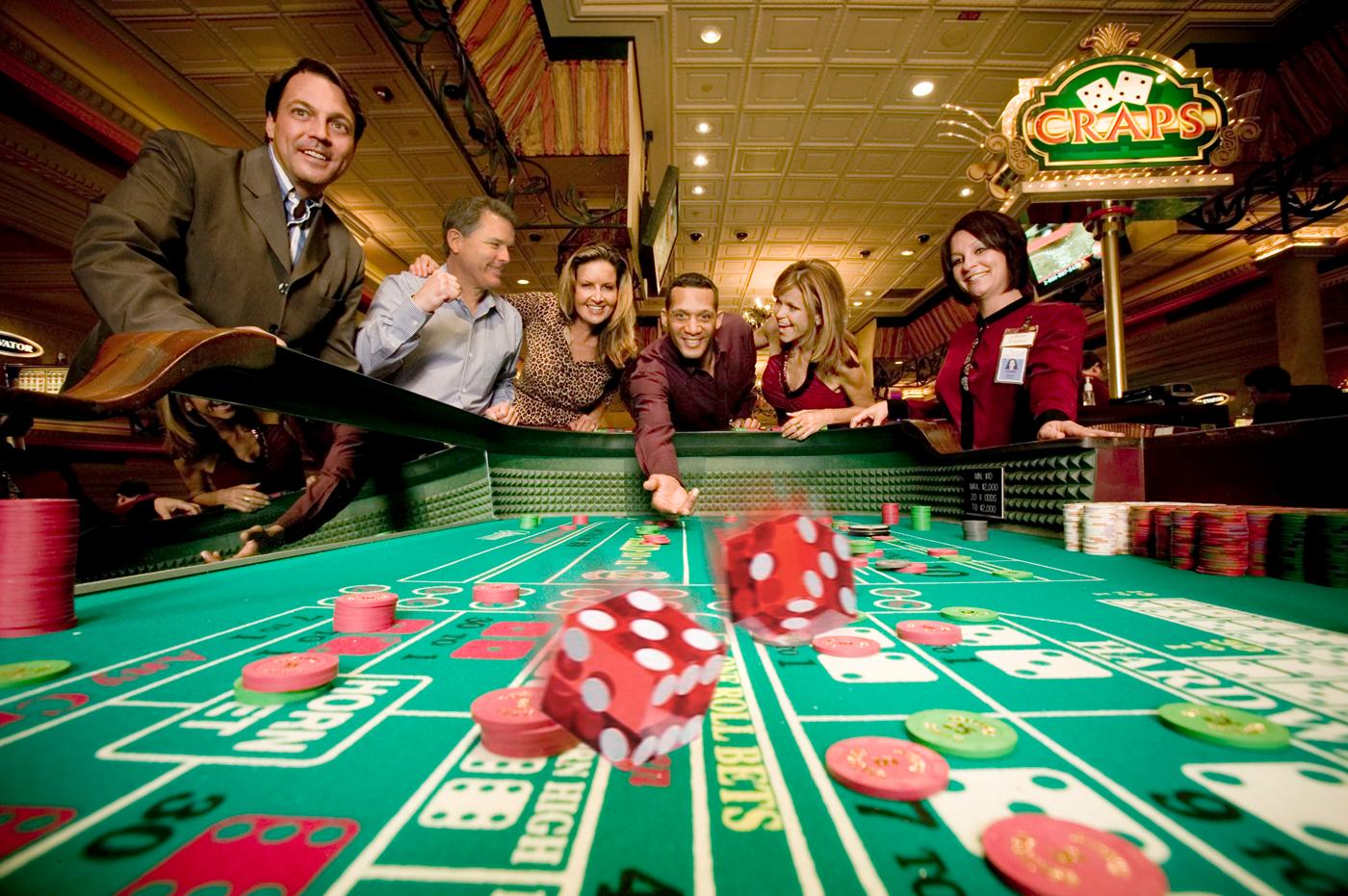
Gambling games have enthralled enthusiasts for decades, pulling them into a world of excitement, luck, and fortune. From the flashing lights of slot machines to the intense action of poker tables, these experiences offer a special mixture of fun and risk. However, underneath the shiny exterior of this glitz and glamour lies a sophisticated relationship of math that determines every result and choice made within the casino.
Understanding this relationship between casino games and numerical principles merely enhances the playing experience but can also help players make informed selections. Whether you are a casual gambler or a passionate enthusiast, recognizing the math concepts at play can give insightful insights into chances, odds, and approaches, ultimately affecting how one tackles these games of chance.
Arithmetic Probability in Gambling
In the realm of gambling activities, statistical likelihood plays a crucial role in determining outcomes and guiding gambler choices. Every activity has a distinct set of regulations and a particular probability model that shapes its dynamics. For example, in activities like the roulette wheel, players must grasp the chances of choosing a certain digit or color. The likelihood of certain events occurring can be assessed, and this understanding can greatly affect betting tactics.
Players also need to be informed of the house edge, which is the mathematical benefit that casinos hold over players in the long run. This advantage differs across different activities. In blackjack, skilled players can use tactics to reduce the casino edge to as little as one %, while in games like slot machines, the casino advantage can be significantly greater. Understanding the house advantage allows gamblers to make informed choices about which activities to participate in and how much to bet.
Furthermore, probability is essential in the concept of risk versus reward in betting. Every wager carries a certain danger level, and gamblers must assess the potential payout against that risk. Activities like poker require gamblers to not only assess the odds of their personal showing winning but also to evaluate the probabilities of their opponents’ hands. By applying statistical principles to their gameplay, gamblers can improve their chances of success and participate more effectively in the thrilling world of casino activities.
Anticipated Value in Casino Games
When discussing casino activities, one of the fundamental ideas rooted in mathematics is the anticipated worth. This numerical metric helps players understand the possible results of their wagers over a period. In simple terms, expected worth (EV) calculates the mean amount a gambler can expect to gain or lose per wager if they were to play the game repeatedly. Each game has its unique EV, influenced by the odds and the house edge, which indicates the advantage that the casino holds.
For example, think of a activity like roulette. The anticipated worth can be derived based on the specific bet made. If a gambler bets on a individual number, the return is 35 to 1, but the true chances of success that bet are 1 in 37 (in Euro roulette). This results in a negative expected worth, indicating that, on average, gamblers will lose money over time when playing this kind of wager. Grasping this idea allows players to make more educated choices about which games and wagers may be less advantageous.
Additionally, the investigation of anticipated worth can lead to improved money management. Gamblers who understand the mathematics behind their activities are often able to set practical goals. By recognizing their potential losses and profits, they can modify their gambling strategies appropriately, which may improve their total gaming experience. As a result, expected value serves as a crucial tool for both novice and experienced players to navigate the often volatile nature of gambling activities.
Strategies and Probabilities: The Math Behind Success
In gaming establishments, understanding the probabilities is vital for players seeking to boost their chances of success. Each contest has its own distinct set of probabilities that establish successful results, and these numbers are often found in the rules of the game regulations or payout schedules. For instance, in games like blackjack, players can enhance their probabilities through tactics such as tracking cards, which is based on math principles to gain an upper hand over the establishment. By educating themselves with the probabilities, gamblers can make more informed choices on when to place bets and when to fold.
Moreover, the concept of average value has a major role in gaming tactics. Expected value determines the mean outcome of a stake over a period, allowing gamblers to assess whether a specific stake is justifiable taking. For instance, fruit machines have a fixed return percentage, which can indicate the average payout a participant can look for on their wagers. By choosing activities with better average outcomes, participants can lessen the house edge, maximizing their potential returns in the future.
Finally, successful gamblers often adopt a combination of chance and mathematical strategy to boost their gaming experience. rr88 While luck can’t be controlled, managing a wagering approach based on math insights can lead to more favorable outcomes. By employing techniques such as budgeting and choosing games, players can apply math to maneuver through the volatile nature of casino games, making the most of their efforts and money at the casino.